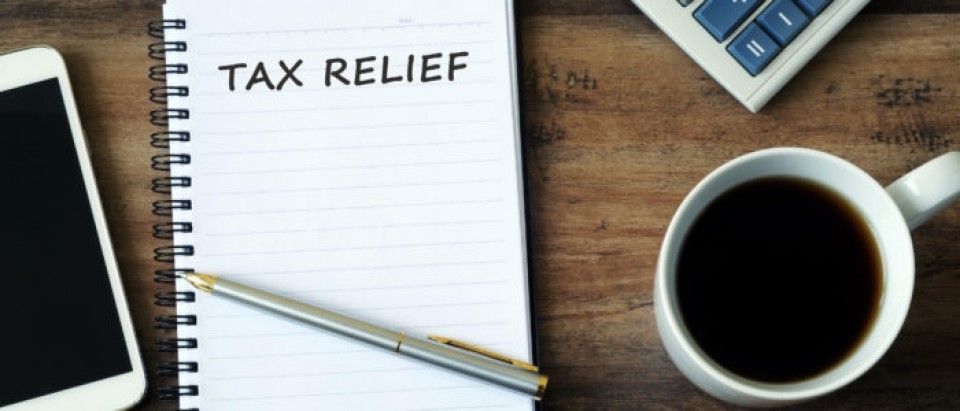COVID-19 Related Tax Relief
New legislation has provided support for New Zealand taxpayers having difficulties paying their taxes in full and on time as a result of COVID-19’s impact on income and business. The aim is to help maintain business’ long term viability. This is additional to any existing financial relief and remission provisions. Inland Revenue notes that those who can still pay their taxes on time must continue to do so.
The Government’s new amendment allows the Commissioner to cancel the use of money interest (UOMI) charged if the taxpayer’s ability to pay tax on time has been significantly and adversely affected by COVID-19. UOMI is the amount of interest paid on under or overpaid tax. Inland Revenue can also charge penalties.
When will the commissioner remit penalties and UOMI?
The Commissioner’s powers under this legislation will apply until 25 March 2022. For the Commissioner to consider a taxpayer request, the taxpayer must meet the following criteria:
- Taxpayer has tax due on or after 14 February 2020;
- Their ability to pay by the due date, either physically or financially, has been significantly affected by COVID-19;
- The taxpayer will be expected to contact the commissioner as soon as practicable to request relief and will need to pay the outstanding tax as soon as practicable.
A taxpayer will be “significantly affected” by COVID-19 when income/revenue is reduced leaving the taxpayer unable to pay taxes in full and on time.
“As soon as practicable” means as soon as feasible on the facts of the case. This will be met where the taxpayer applies for relief and arranges to pay outstanding tax as early as possible, or pays it over a reasonable period.
It is important to note that Interest and penalties will continue to accrue for those taxpayers who enter into arrangements. However, this interest will be remitted automatically when the arrangement is completed and the taxpayer meets the remission criteria. Taxpayers do not have to further apply for this remission. The interest will not be remitted where taxpayers do not complete an arrangement and will be charged from the time they stop complying with the arrangement. This does not mean that you cannot request an amended arrangement due to new circumstances. This is something that I work with a lot, and as long as you are proactive and communicate with Inland Revenue prior to breaking any arrangements, you are usually able to re-negotiate the arrangement.
Information to be provided when requesting relief
Inland Revenue will try to minimise the amount of information being asked for; GST and other returns previously filed should provide sufficient information. However, in order to assess how the taxpayer has been affected by COVID-19 and whether the arrangement is viable, they may ask for three months of bank statements and credit card statements, management accounting information, and a list of aged creditors and debtors, if possible. Inland Revenue will be interested in the plans to sustain their business. Inland Revenue will work with individuals and their advisors flexibly, using whatever relevant information the taxpayer can obtain.
Type of relief available
New debt due to COVID-19
- Installment arrangement – including an installment arrangement with a deferred payment start date
- Partial write-off due to serious hardship and payment of the remaining tax by installment or a lump sum
- Partial payment and write-off of the balance under maximising recovery of outstanding tax
- Write-off due to serious hardship
Pre-existing debt before COVID-19
Customers already in an arrangement with Inland Revenue that now appears unsustainable on its current terms due to being significantly affected by COVID-19 can ask to renegotiate. Any of the above may be appropriate, on a case by case basis. If this applies to you, you should contact your tax specialist as soon as possible.
Filing of returns
Taxpayers still need to file their returns on time, despite difficulty paying. The information will allow Inland Revenue to understand the taxpayer’s financial position when working out the best relief option, and reduce what information will be requested.
The above is intended for informational purposes only and should not replace specific tax advice. For personalised advice on all tax issues please contact Julia Johnston at Saunders & Co.
